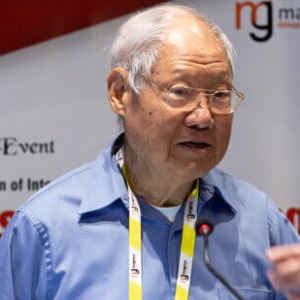Nanobiotechnology
The application of nanotechnology in biological disciplines is known as nanobiotechnology. Nanotechnology is a multidisciplinary field that currently recruits methods, technology, and facilities from both traditional and advanced engineering, physics, chemistry, and biological disciplines. Nanobiotechnology is a brand-new discipline of study that focuses on the unique physicochemical and biological features of nanostructures, as well as their applications in fields like health and agriculture. Nanobiotechnology has a wide range of applications in medical science, with the potential to improve health-care practises all around the world. Many new nanoparticles and nanodevices are predicted to be used, resulting in a significant improvement in human health. To expand the applications of nanobiotechnology in health, several new potential technologies and methods for the creation of nanoparticles are being developed through chemical change, biological reduction, and scaffolding. Nanobiotechnology, a multidisciplinary discipline, is bringing the science of the almost incomprehensibly small device closer to reality. These breakthroughs will have such far-reaching consequences that they will almost certainly influence every branch of science and technology at some point.

Murray Moo Young
University of Waterloo, Canada
Limongi Tania
University of Turin, Italy



Title : Improving health in over 40,000 patients: The impact of nanomedicine fighting antibiotic resistant infections
Thomas J Webster, Brown University, United States
Title : Advancement in dual lateral flow immunoassay design for sensitive, rapid detection of rotavirus and adenovirus in stool samples
Ayan Ahmed Isse, Genexus Biotech Company, Somalia
Title : Evaluating cell compatibility and subcutaneous host response of silk fibroin–chitosan plug composites as potential resorbable implants
Luis Jesus Villarreal Gomez, Universidad Autonoma de Baja California, Mexico
Title : Renewed novel biotech ideas, with bioreactor bioengineering economic impact
Murray Moo Young, University of Waterloo, Canada
Title : Osmotic lysis–driven Extracellular Vesicle (EV) engineering
Limongi Tania, University of Turin, Italy
Title : Diversity analyses of microbial communities in Armanis gold-polymetallic mine and acid mine drainage: Bioremediation
Anna Khachatryan, SPC Armbiotechnology of NAS of Armenia, Armenia